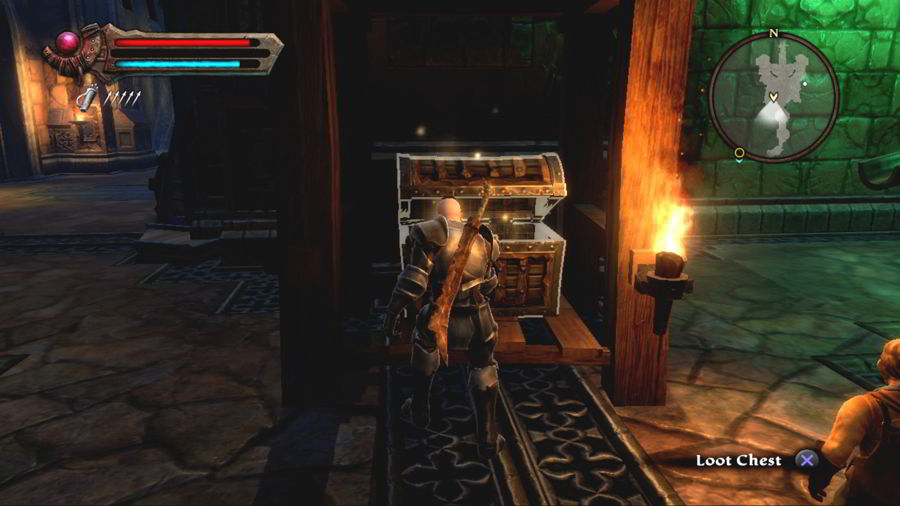Arcane Dynamo: Whenever you deal damage with a Primary skill, you may gain a Flash of Insight to a maximum of 5 Flashes of Insight. If you have 5 Flashes of Insight, your next non-primary Skill that deals damage consumes them and deals 75% more damage.
Going back to Prodigy, this skill is similarly useful. If you lean heavily on your Primary skill between bursts of cast (and not channeled) skills that empty out your Arcane Power pool, this skill can be very strong. But if you only use your Primary skills incidentally, or avoid them as much as possible, you really shouldn’t bother with this skill. It’s not worthwhile to break your own tendencies in order to get the five Primary skill hits in, you’re going to lose more in your own mild confusion or conflict about what you’re doing than you stand to gain from a boosted single attack, even if that attack does plenty of damage to begin with. For more on who should and who shouldn’t use this skill, go look back at Prodigy.
Unstable Anomaly: Whenever you take damage that reduces you below 20% of your maximum Life, you emanate a shockwave that knocks all enemies back. This cannot occur more than once every 60 seconds.
This skill is best used by variable-range Wizards. Long-range Wizards will be in too much danger when it triggers for a simple knockback effect to do more than delay the inevitable. Close-range Wizards don’t want a knockback effect to begin with, it keeps things out of their kill zone. A variable-range Wizard, though, is usually set up with skill and rune choices that let them take advantage not only of every range but also changes in range, so they’re prepared for things like suddenly knocking back all nearby enemies. Unlike long-range Wizards, a variable-range Wizard will also have the defenses or recovery options to get themselves back out of danger after the explosion sends the enemies flying back, and can either stay there while refreshed, or move to someplace where it’s more difficult to crowd around and dogpile them. If you never find yourself getting too injured, or your goal is to avoid getting hurt in the first place, this skill isn’t going to do anything good, and may even create some bad habits in your playstyle.
It’s easy to look at one or another Wizard passive skill and go ‘that’s a lot of potential for big numbers, I want that!’, but that’s really not the proper way to select the skill. Instead, look at your playstyle and the Active skill choices you make, and determine whether or not what you’re already doing can support that Passive skill. If it only takes a few small tweaks- changing the rune on one spell, for instance- then you may want to try it. But if it requires swapping out your entire hotbar, or switching what range you want to function at, then you should discard the use of the skill, even if it feels wrong to not go for the effect. Playing a Wizard requires careful matching of your skills and playstyle, or else your frail defenses are going to drive your repair bills up through the roof.






 LEGO Marvel Super Heroes – Deadpool Bricks Guide
LEGO Marvel Super Heroes – Deadpool Bricks Guide Kingdoms of Amalur Trainer Location Guides
Kingdoms of Amalur Trainer Location Guides Assassin’s Creed: Unity guide – Sequence 11 Memory 1: Bottom of the Barrel – Kill the Gang Leader
Assassin’s Creed: Unity guide – Sequence 11 Memory 1: Bottom of the Barrel – Kill the Gang Leader Dragon Age Inquisition guide and walkthrough part 4: In Your Heart Shall Burn
Dragon Age Inquisition guide and walkthrough part 4: In Your Heart Shall Burn Deus Ex The Human Revolution Hunting The Hacker Quest Guide
Deus Ex The Human Revolution Hunting The Hacker Quest Guide